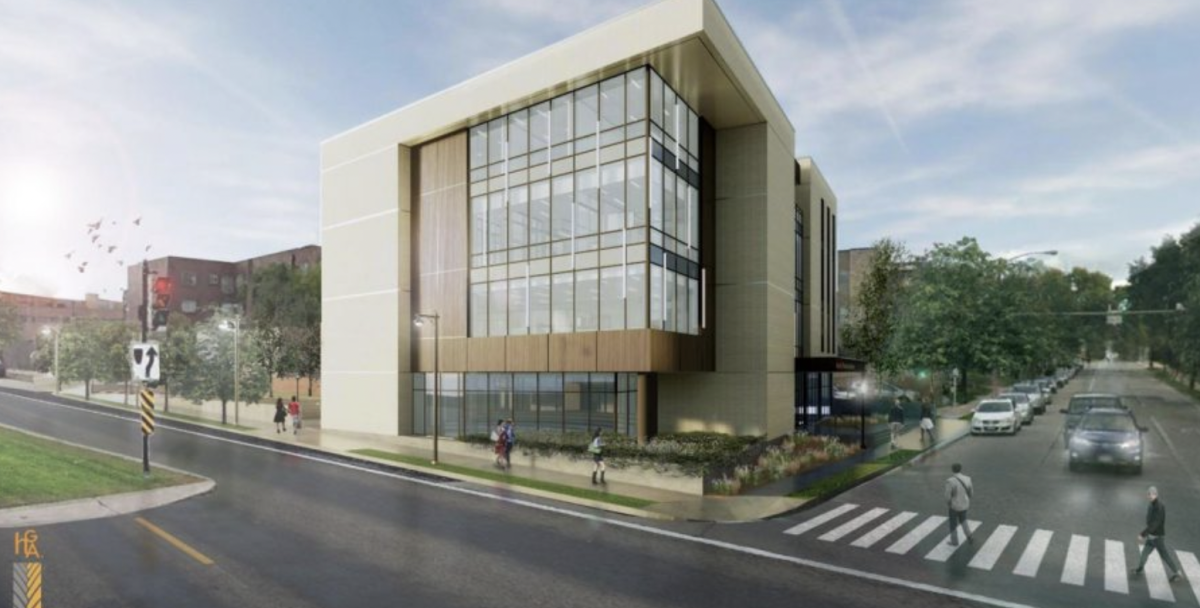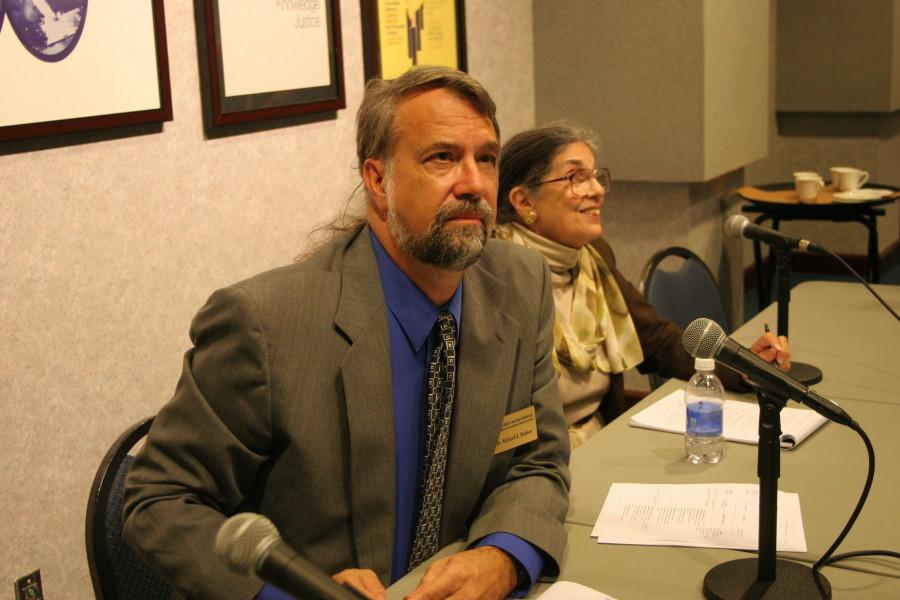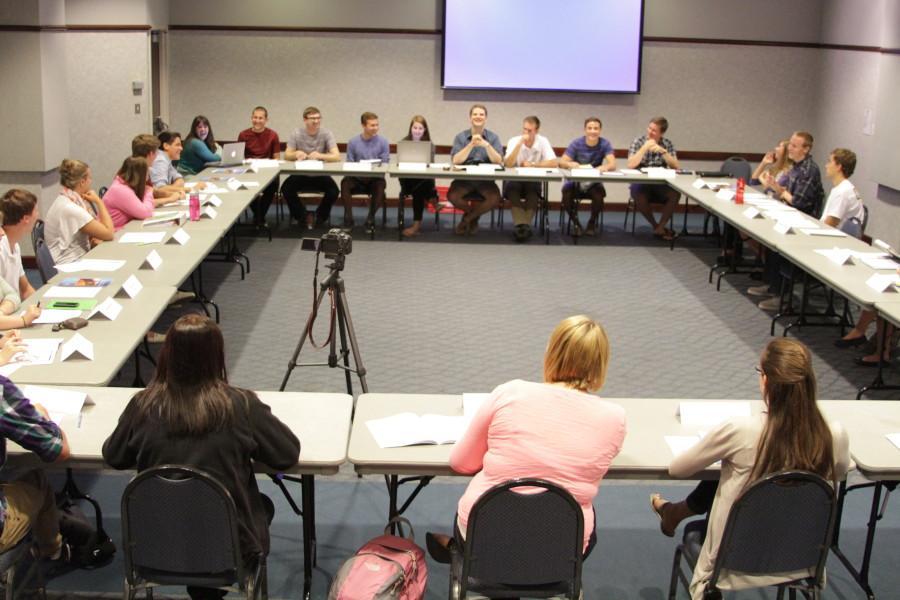
The site visit team from the Higher Learning Commission, a commission member of the North Central Association of Colleges and Schools, concluded its trip to Marquette Wednesday, a major step in the reaffirmation of accreditation for the university.
Now that the site visit is complete, the HLC team will file a preliminary report. The report is expected in November, according to Gary Meyer, vice provost for undergraduate programs and teaching, and Toby Peters, senior associate vice president in the Office of the Senior Vice President, who are chair and co-chair of the university’s Reaffirmation of Accreditation Initiative, respectively.
The university will get the opportunity to check the report for errors and omissions before it is finalized and sent to the HLC. Meyer and Peters said they hope to have the final report and the decision by March.
The university leaders in charge of the reaffirmation of accreditation effort were unable to speak ahead of the Tribune story on accreditation that ran Thursday, but sat down Friday to discuss accreditation and the issues surrounding it.
A large part of their efforts over the last two years is the compilation of a self-study report that, as Meyer explained, details Marquette’s mission as a Catholic, Jesuit institution.
“Our story is — and we shape it every day — who do we want to be known as outside of the confines of our community?” Meyer said.
The self-study report outlined the strengths and weaknesses of Marquette, as interpreted by the more than 200 faculty, staff and students who contributed to the self-assessment. When the university was last accredited in 2004, the HLC identified assessment as a particular challenge for Marquette, a weakness the HLC deemed as corrected after its focus visit in 2009.
The report highlighted the university’s mission as one its strengths. Mission is the first criteria for accreditation identified by the HLC. The commission wants a school’s mission to be clear, stated publicly and at the forefront of its day-to-day function. Meyer and Peters both said this is Marquette’s strong suit.
“All universities have missions to educate students,” Meyer said. “But we feel like we do that in a certain way. It’s that education in a special way that differentiates us from other universities.”
According to Meyer, one of the biggest challenges identified by the Reaffirmation of Accreditation Initiative is managing the university’s budget around the themes of the strategic plan, first presented by University President the Rev. Scott Pilarz in August 2012.
“We are tuition driven, meaning that over 60 percent of our revenue comes from tuition,” Peters said. “And yet, we’re not going to raise tuition to where it is beyond the reach of our students to come to Marquette.”
Meyer and Peters also noted leadership at Marquette as a potential strength, even though the university is in a period of transition after both the provost and the president stepped down in recent months.
A member of the site visit team, Richard Redner from the University of Tulsa, said last week that he wanted to see how the university would handle the transition. Meyer said Marquette still has stable leadership despite there being no permanent president or provost.
“We feel like, while it’s always a challenge in transition, we have a very experienced leadership team,” Meyer said. “And I think they saw that.”




